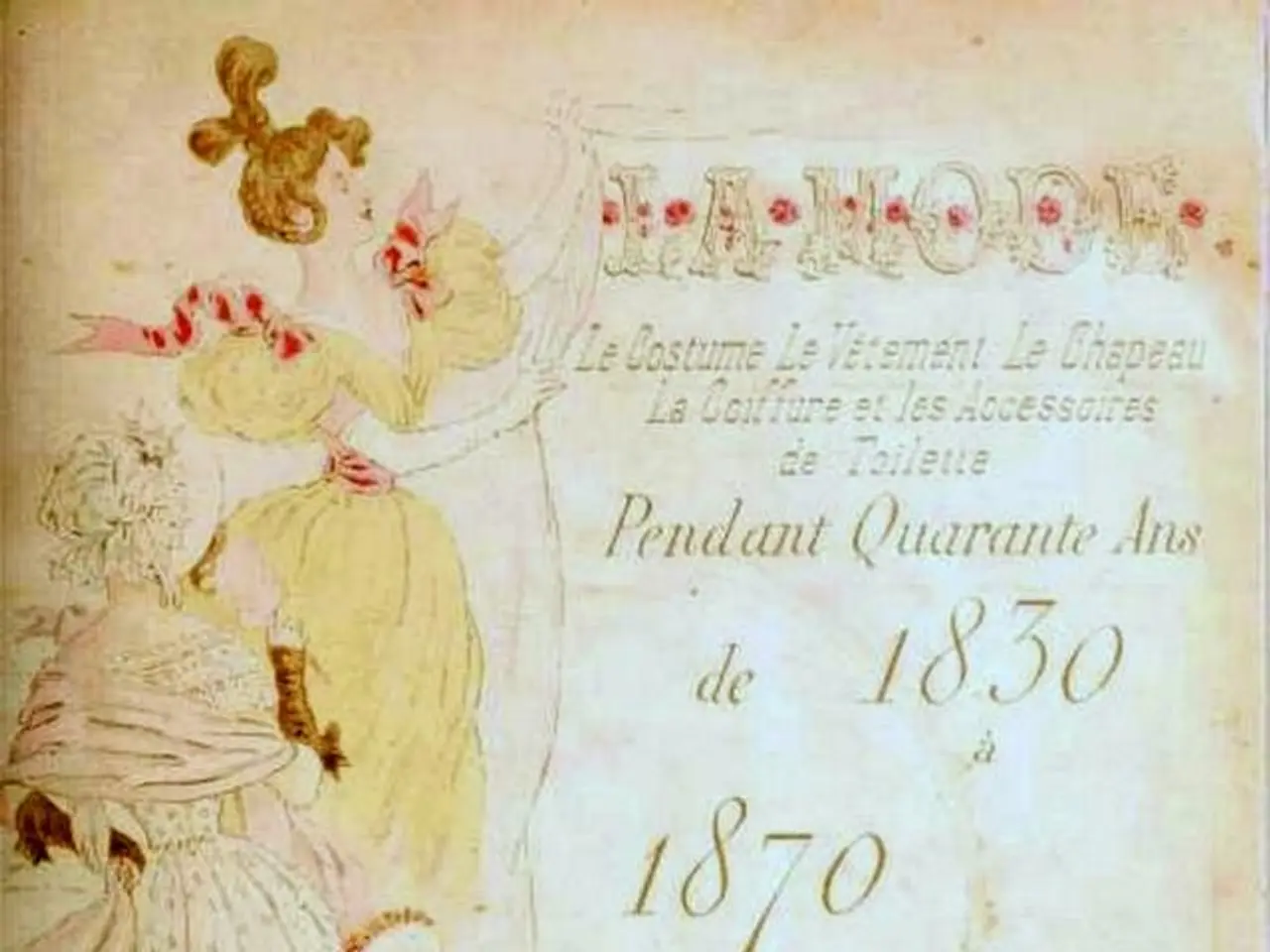Celebrated Lessons and Engaging Activities for Women's History Month
In the pursuit of knowledge and appreciation for women's contributions throughout history, various organisations offer valuable resources to educate and inspire. Here's a roundup of some of the most noteworthy initiatives and achievements.
The National Museum of Women in the Arts provides a wealth of free resources to support teaching about women artists. The National Women's History Alliance offers engaging quizzes on various topics, testing your knowledge of women's history.
The National Trust for Historic Preservation highlights places where women have made history, providing a tangible connection to the past. The National Women's History Museum offers digital resources searchable by type, topic, and grade, making learning accessible for all.
DocsTeach and the Smithsonian Learning Lab offer primary sources and teaching activities for women's rights, allowing students to delve deeper into the subject. The Edsitement Teacher's Guide provides an extensive collection of resources, including podcasts, films, and databases, to enhance the learning experience.
The Learning for Justice lesson guides students in understanding the fight for women's suffrage and the role of the federal government, while the Scripting the Past lesson plan encourages collaboration and creativity in learning about accomplished women.
History has been marred by instances of women's achievements being overlooked or credited to men. Alice Ball, a female scientist, is one such example, as her discoveries were attributed to others until recently. Henrietta Wood, a formerly enslaved woman, made history in 1870 when she successfully sued her enslaver for reparations, a significant milestone in the fight for justice.
Marie Curie, a renowned figure in science, won a total of two Nobel prizes, a testament to her groundbreaking work. The rate of female Nobel laureates has significantly increased in the 21st century, reflecting a growing recognition of women's contributions in various fields.
However, it's important to remember that many women in the United States during the 20th century, particularly those who were unmarried, divorced, or engaged in undervalued and unpaid care work, did not receive adequate recognition for their contributions due to patriarchal societal structures, gender discrimination, and stigmatization. These factors limited their economic opportunities and social acknowledgment.
Efforts to rectify this imbalance continue, with organisations like Facing History and Ourselves providing resources for teaching various topics but not specifically women's history. The exhibition "Shall Not Be Denied" at the Library of Congress explores the history of the struggle for suffrage, shedding light on the ongoing fight for equality.
These resources serve as a reminder of the significant strides made in recognising and celebrating women's history, while also highlighting the areas where progress is still needed. By utilising these resources, we can foster a deeper understanding and appreciation for the contributions of women throughout history.








